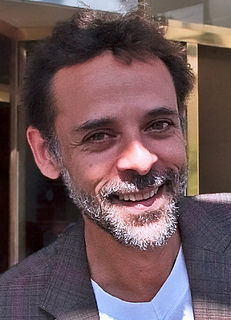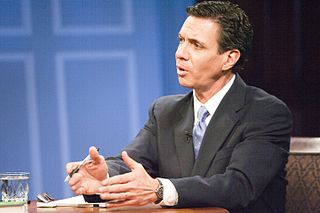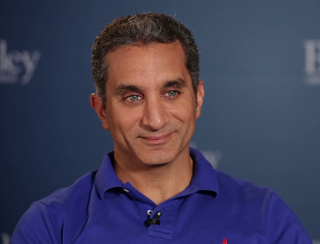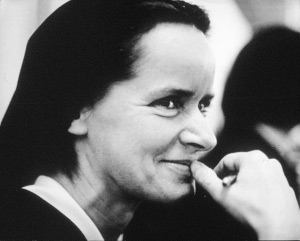A Quote by Hassan Blasim
I'm not much interested in prizes, whether from the Arab world or from the Western world. Writing is a very difficult process and I want to continue my work.
Related Quotes
In many parts of the world, including the Arab world, the Latin American world, and even parts of the Western world, there is a tradition of writers being quite engaged. Particularly in the Arab world you have had very, very strong traditions of literature and poetry and most of the writers have been deeply committed to the cause of the Arab nation.
I think the Arab world has no personality cult situation going on that they have in much of the Western world, South America included. They are a culture of words and religion, and you won't see manycsa charismatic people on Al Jazeera, except for the ones who are now learned presenters. You see Arab leaders getting on TV - which was very hard for me working out how to do the part, since Arab leaders are looking somnambulant, staring into their microphone, almost as if someone's got a hand up their back.
An Arab activist can take pride in the Arab heritage of mathematics and science or he can take pride in his religion, and there's pride to be taken in both. But one of them could be exploited much more easily and has been in the context of world conflict. And the other is very difficult to do on the grounds that science and literature and mathematics have been among the uniting factors in the history of the world.
I know well enough that very few people who are supposedly interested in writing are interested in writing well. They are interested in publishing something, and if possible in making a "killing." They are interested in being a writer not in writing. . . If this is what you are interested in, I am not going to be much use to you.
It is clear that everybody interested in science must be interested in world 3 objects. A physical scientist, to start with, may be interested mainly in world 1 objects--say crystals and X-rays. But very soon he must realize how much depends on our interpretation of the facts, that is, on our theories, and so on world 3 objects. Similarly, a historian of science, or a philosopher interested in science must be largely a student of world 3 objects.
Recall that the United Nations commissioned Arab scholars and analysts to publish the Arab Human Development Report. What causes the backwardness, the scholars wondered, of 22 Arab states, covering nearly 300 million people? Their conclusion? Of all world regions, the Arab countries scored the lowest in freedom, media independence, civil liberties, political process and political rights.
I think the judging process is full of integrity, compared to some other prizes around the world. The fact that they change the panel of judges every year keeps it from becoming corrupt. I think it's very difficult if you've got judges for life; obviously relationships are cultivated between judges and authors, and publishing houses.
If you press-mold a pot or if you slab-build a pot, the work has got to take much, much, much longer than if you work on the wheel. And I to this day have the ideal that I want my work to be not too expensive, so that if people buy it and break it, it's not going to be the end of the world. I'm not interested in having things in museums, although some of our work has ended up there, but that's not what I'm striving for.
When you are not separate from the creative process, time ceases to exist. You might start to feel tired and suddenly realize that much time has passed. It isn't necessarily a happy time - and may be very difficult to start if it is a job or an obligation. But if' you start with all the concrete needs and proceed in a thorough way - the creative process will take over and you will forget whether it is work or play. Working in the here and now is one of the most uncontaminated ways to work.


































